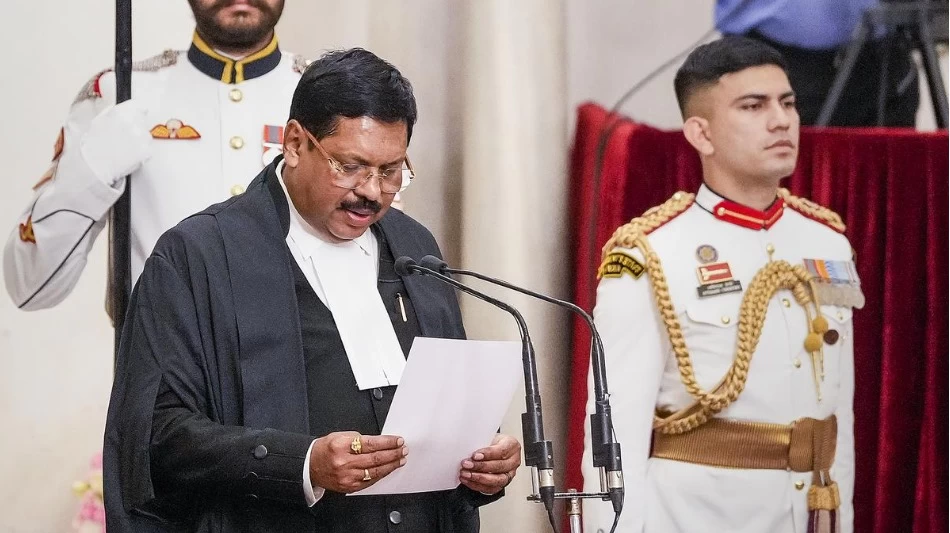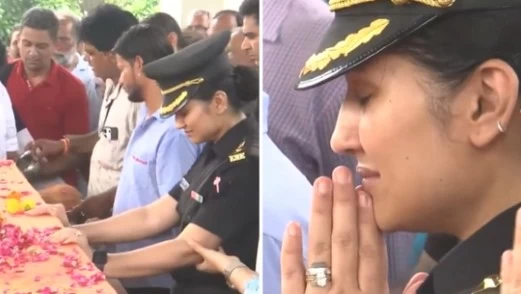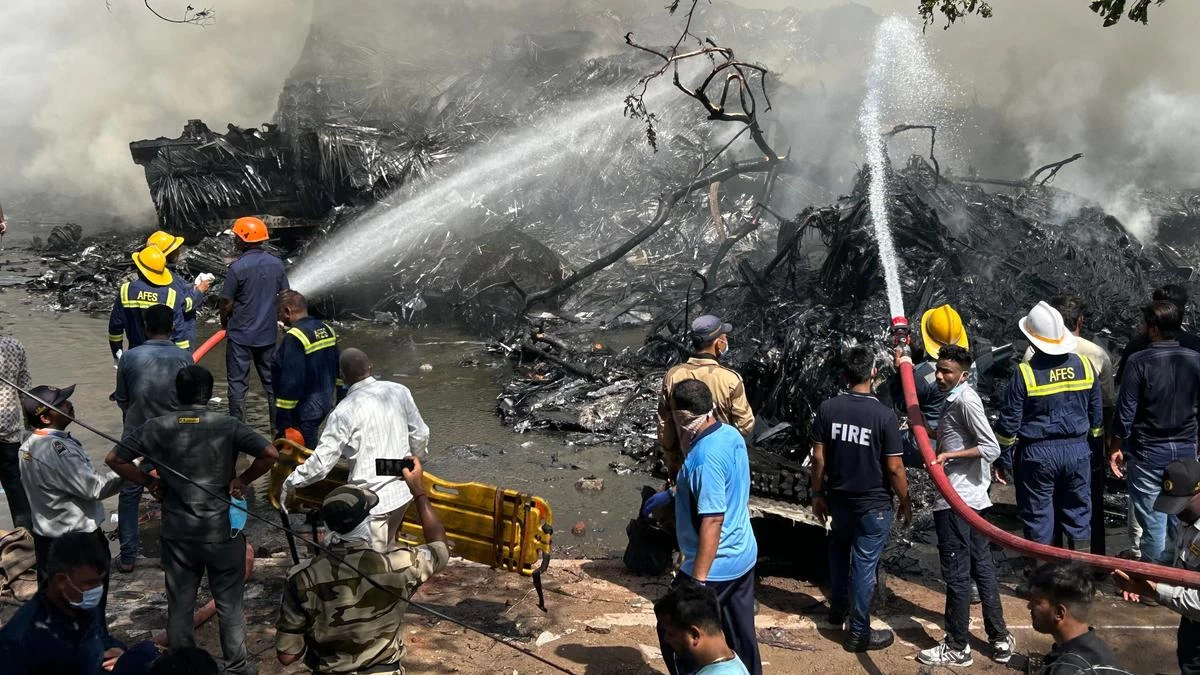Latest Updates
Justice Bhushan Gavai Sworn in as 52nd Chief Justice of India

Justice Bhushan Ramkrishna Gavai was sworn in as the 52nd Chief Justice of India (CJI) in a formal ceremony held at Rashtrapati Bhavan on Wednesday. The oath of office was administered by President Droupadi Murmu.
Justice Gavai’s appointment marks a historic moment in Indian judicial history. He becomes the first Buddhist and only the second individual from the Scheduled Castes to assume the nation's highest judicial office.
Born on 24 November 1960 in Amravati, Maharashtra, Justice Gavai pursued law and joined the Bar on 16 March 1985. He began his legal practice at the Bombay High Court in 1987 and later focused on cases at the Nagpur Bench. Over the years, he served as Standing Counsel for various municipal bodies and universities, and held roles including Assistant Government Pleader, Additional Public Prosecutor, and later Government Pleader and Public Prosecutor for the Nagpur Bench.
Judicial Journey and Supreme Court Elevation
He was elevated to the judiciary as an Additional Judge of the Bombay High Court on 14 November 2003, becoming a permanent judge two years later. During his tenure, he presided over a wide array of matters across the Principal Bench in Mumbai as well as the Nagpur, Aurangabad, and Panaji benches.
He was appointed as a judge of the Supreme Court on 24 May 2019. Over the past six years, he has been part of nearly 700 benches, delivering judgments on constitutional law, criminal law, civil disputes, administrative law, commercial and arbitration matters, as well as environmental and educational issues.
According to the Supreme Court’s records, Justice Gavai has authored around 300 judgments, many of them landmark rulings that have reinforced the rule of law and safeguarded fundamental, human, and legal rights.
Key Judgments and Contributions
Justice Gavai has served on several Constitution Benches that have delivered critical verdicts. These include:
• Upholding the Centre’s decision to abrogate Article 370 in Jammu and Kashmir
• Striking down the controversial electoral bonds scheme
• Endorsing the government’s 2016 demonetisation exercise
He also led benches that delivered high-profile rulings, including granting bail to AAP leader Manish Sisodia in a money laundering case, which set a precedent for other related bail pleas. Another significant decision under his leadership was staying Congress leader Rahul Gandhi’s conviction in the Modi surname defamation case. Justice Gavai also granted regular bail to civil rights activist Teesta Atul Setalvad in a matter linked to the 2002 Godhra riots.
The 52nd Chief Justice of India succeeds Justice Sanjiv Khanna, who retired on 13 May. He will serve as Chief Justice of India until his own retirement on 23 November 2025.









